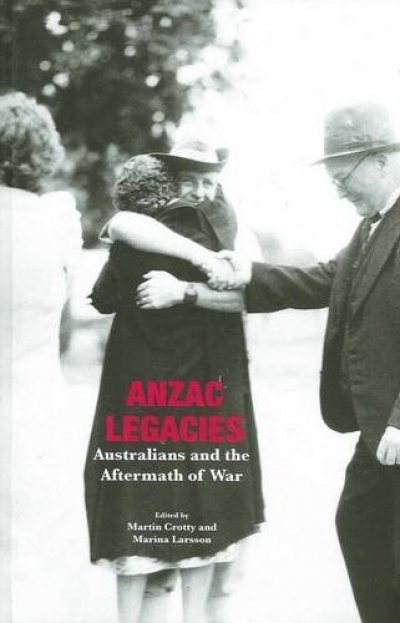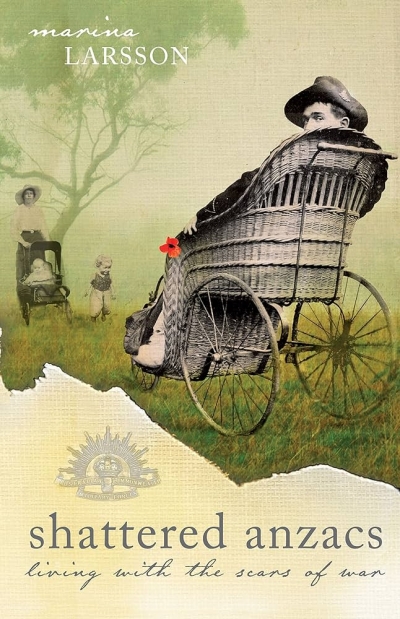One of the keenest childhood memories of David Meredith, narrator of George Johnston’s novel My Brother Jack (1964), is of the hall of his parents’ suburban home in Melbourne. It was full of prostheses, the artificial limbs of servicemen returned, maimed, from the Great War. The men are friends and former patients of Meredith’s parents. Her mother was a nurse, her father served in the First AIF. The scant historical regard that has been paid to these damaged men, and to their families, is rectified by Marina Larsson’s brilliant study of Shattered Anzacs. Her subject is the cohort of revenants who returned to Australia after the war – their bodies ruined, shell-shocked, infected with venereal disease and tuberculosis – and the families, institutions and government bureaucracies into whose hands they fell.
...
(read more)


